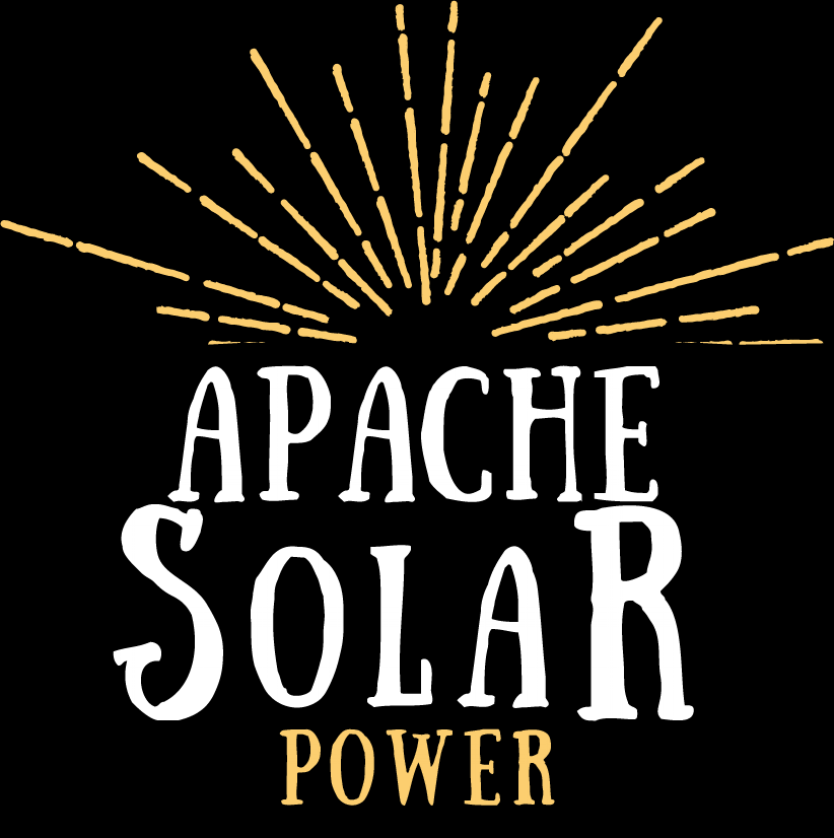The costs of solar panels, the vast majority of which are manufactured in China or South Korea, have been dropping in the past few years.
We’ve seen major solar panel price drops through 2019 through 2022. These price declines have not been as dramatic recently. And all evidence points to a bottoming out of prices now. At any rate, the price of the panels themselves only accounts for at most 25% of a system to be placed on your business or home. A major component of the installed price is soft costs and labor; in solar, this would encompass the cost to hire experienced Master Electricians.
Regulations here in Massachusetts mandate a ratio of one State-Certified Master Electrician for every two crew members on a solar installation crew. Work for licensed Electricians in the state had been slow from 2007 through 2014. For this reason, there was a virtual halt in apprentice electricians obtaining their Master, or Journeyman’s licenses. Now, with the economy, and construction in particular booming, there is a shortage of Master Electricians. For that reason, despite the drop in solar panel costs, solar development costs will likely begin to grow in the near future.

